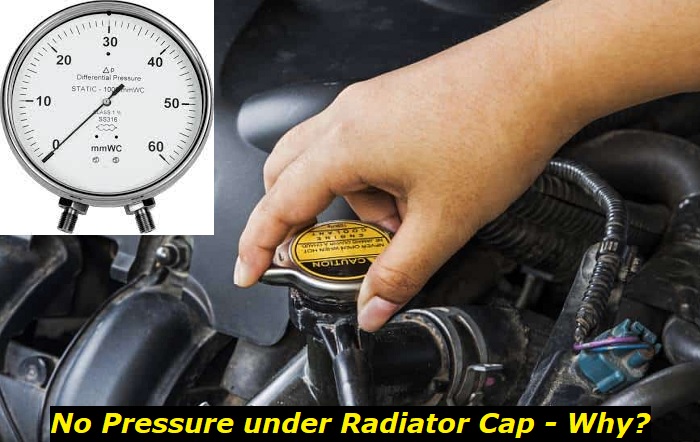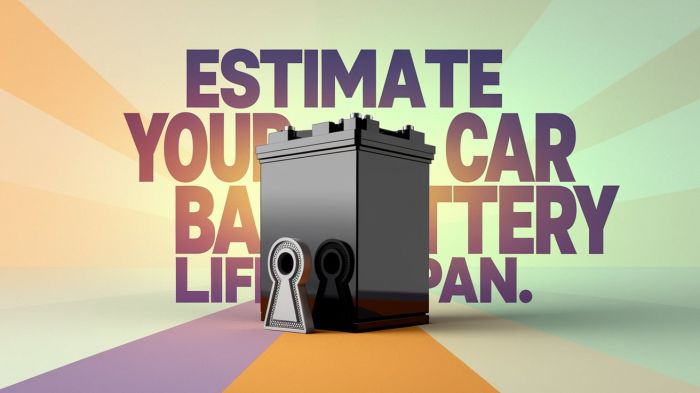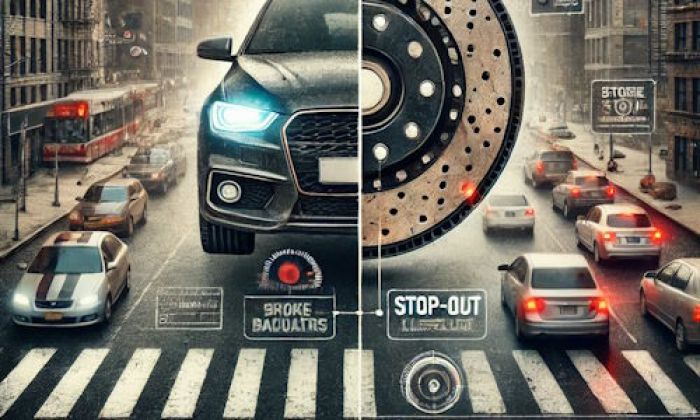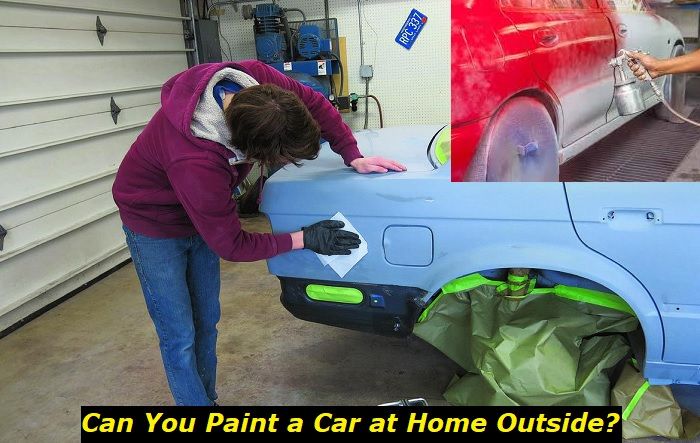As long as the car engine doesn't overheat or throw some error messages or codes, you shouldn't try to repair something that is not broken. It's hard to find the proper moment to check if there should be any pressure when removing the radiator cap.
Cooling equipment problems highlights
- Level of urgency:medium
- Commonreasons:low-quality antifreeze, age, mileage, damage
- DIY diagnostics:very complicated
- DIY repair:impossible
- Price of repair:$350 - $850
- Time for repair:3 - 10 hours
- If ignored:engine overheating, bad coolant leaks, equipment damage

Is it OK to have no pressure when removing the radiator cap?
Why at all would you care about the pressure in the cooling system? The only reason why you may get concerned with it is if your car overheats or always works at a low temperature level. In this case, you should try to find one of the possible reasons:
- leaks in the system and low coolant level;
- bad thermostat;
- clogged radiator;
- clogged hoses and tubes in the cooling system;
- poor antifreeze quality;
- broken water pump.
But if the engine doesn't overheat, everything works just fine, why would you care about the pressure in the radiator? The pressure builds up when the engine is heated and it stays in the radiator for all the time when it's hot. But sometimes, the thermostat may turn off the radiator and switch to the internal cooling circle to keep the engine temperature high.
This may lead to no pressure in the radiator but it doesn't mean that this is the problem you should try and solve.
How can you check the pressure in the cooling system?
Please never check the pressure just by unscrewing the radiator cap on the hot engine. You may get hurt and will need medical help due to burns from the boiling antifreeze and this is not the experience you may want to get in your life!
There is no need to check the pressure in the radiator as it may change during different stages of engine heating up and other processes. But if your engine is overheating or not heating up properly, you may want to take your vehicle to a good mechanic to have it inspected.
Any anomalies in the cooling system of your vehicle should be properly inspected and solved. Otherwise, the engine may overheat and seize immediately.
About the authors
The CarAraC research team is composed of seasoned auto mechanics and automotive industry professionals, including individuals with advanced degrees and certifications in their field. Our team members boast prestigious credentials, reflecting their extensive knowledge and skills. These qualifications include: IMI: Institute of the Motor Industry, ASE-Certified Master Automobile Technicians; Coventry University, Graduate of MA in Automotive Journalism; Politecnico di Torino, Italy, MS Automotive Engineering; Ss. Cyril and Methodius University in Skopje, Mechanical University in Skopje; TOC Automotive College; DHA Suffa University, Department of Mechanical Engineering






Add comment